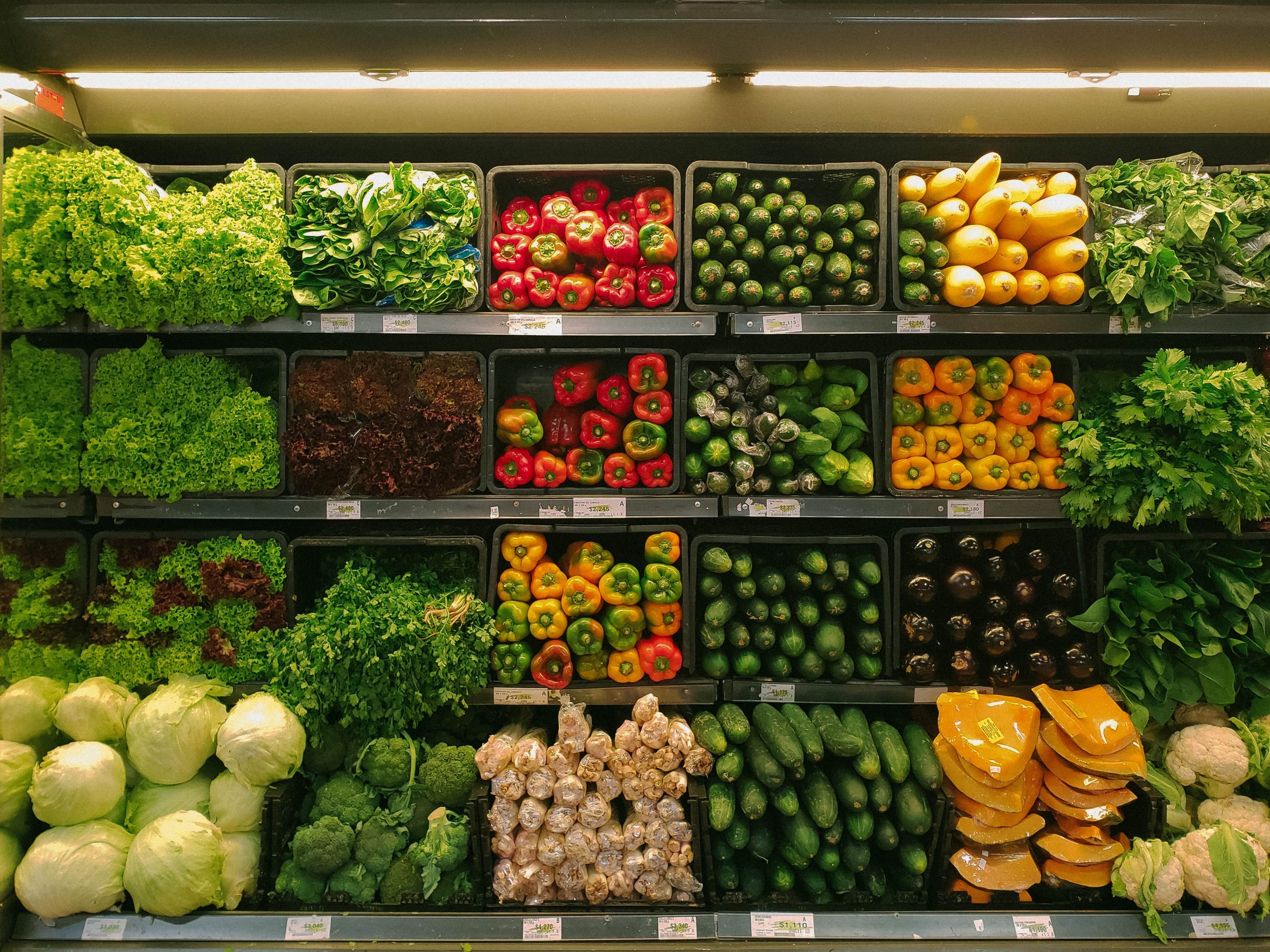Natural products — including everything from organics, to “free-from” products, to sustainables and more — make up one of the fastest-growing segments in retail today.
In fact, the category is outpacing the total food and beverage retail market in terms of sales growth, according to a new market research report from SPINS. For the year ending May 2019, the report found that $47.2 billion of natural products were sold in the U.S., up 5% year-over-year, and comprised nearly 10% of total dollar volume for food and beverage categories. The niche also accounted for 27.4% of growth in the past year.
[Learn more about how Makeena partners with brands!]
Nearly every household in America has purchased a natural product of some kind in the past year, with 92% purchasing something organic.
This isn’t going away. It’s just getting started. But who are these buyers?
More and more, natural shoppers are aware of what’s in their products, demanding fewer additives and clearer nutrition labels that back claims made on packaging. Based on our experience in the industry and out in the field, here’s what these natural, health-oriented shoppers are demanding from brands today.
Limited or no additives.
For the most part, customers know that seeing “natural” on a product’s package offers no guarantees. This is because the term “natural” doesn’t require certification like “organic.” That said, consumers generally accept that packages labeled “natural” contain limited or zero additives like artificial colors and preservatives.
Clear nutrition labels.
In many cases, natural or health-oriented consumers don’t blindly accept claims on the front of product packaging without taking a closer look. Consumers wanting natural products are inclined to investigate further, reviewing ingredient lists and nutrition labels.
Responsible packaging.
Consumers interested in natural products are also interested in their packaging. Specifically, these shoppers want packaging that is conscious of reducing pollution, protecting natural resources, and sustainability.
Positive messaging.
Consumers are inclined to develop a brand preference for a product when the packaging includes a positive message about the product’s contents and ingredients, rather than negative messages about things that are omitted. So, boasting about what’s in your product rather than what’s not in it can help to more effectively connect your brand with consumers.
Feel good factor.
In the beauty sphere, specifically, brands are taking positive labeling to the next level, and it’s working. A new line of eco-friendly beauty products at Target by makeup artist Sonia Kashuk addresses anti-bullying and other positive social initiatives. Brands can likewise use positive social messaging to connect with consumers and build loyalty.
A vibrant online presence.
While brick and mortar stores still account for 85% of total retail revenue, an online presence helps brands to speed up the conversion to sales. An online presence like a product website or a mobile presence like with a loyalty app encourages consumers to connect with your brand, helping them to learn about your product before ever stepping foot in a physical store to buy it. This is ideal for companies trying to reach health-oriented shoppers, who tend to research the products they are considering before they buy.
Transparency.
Health-oriented shoppers want to understand where their food is coming from and how it’s being made, from how ingredients are sourced to how employees are treated. Brands that are more successful in demonstrating their values are more successful in building loyalty.
Third-party certification.
With so many claims to “natural” and “healthy” on packaging, consumers are more interested in third-party certifications, like the USDA’s certification of “organic,” than ever before. Other certifications include American Grassfed, Animal Welfare Approved, Non-GMO Project Verified, Food Alliance Certified, Salmon Safe, Marine Stewardship Council, and Soil Association Certified Organic.
The demand for healthy and natural products is growing faster than ever before, and so is the competition for consumers. With so many labels grabbing for attention, you don’t want your product to get passed by on the shelves. Getting in front of your target market is crucial.
That’s where Makeena comes in.
There is an entire niche of natural shoppers who have a specific and stated interest in discovering new products that will help them to improve their health and well-being. This group’s purchasing is driven more by values than price. In fact, they see paying a premium for a product that’s better as an investment in long-term health benefits for themselves and their families.
These shoppers who are most interested in health and wellness tend to do a lot of pre-shopping, or investigating brands and products to determine which are worth the bang for their buck.
Makeena is geared specifically for shoppers interested in healthy and natural products. It helps shoppers discover your product before they ever hit the grocery store, and then find it on the shelf. For natural and organic brands, this presents a huge opportunity to both reach new customers and convert them into returning ones. Learn more at Makeena.com.




